We may earn money or products from the companies mentioned in this post. This means if you click on the link and purchase the item, I will receive a small commission at no extra cost to you ... you're just helping re-supply our family's travel fund.
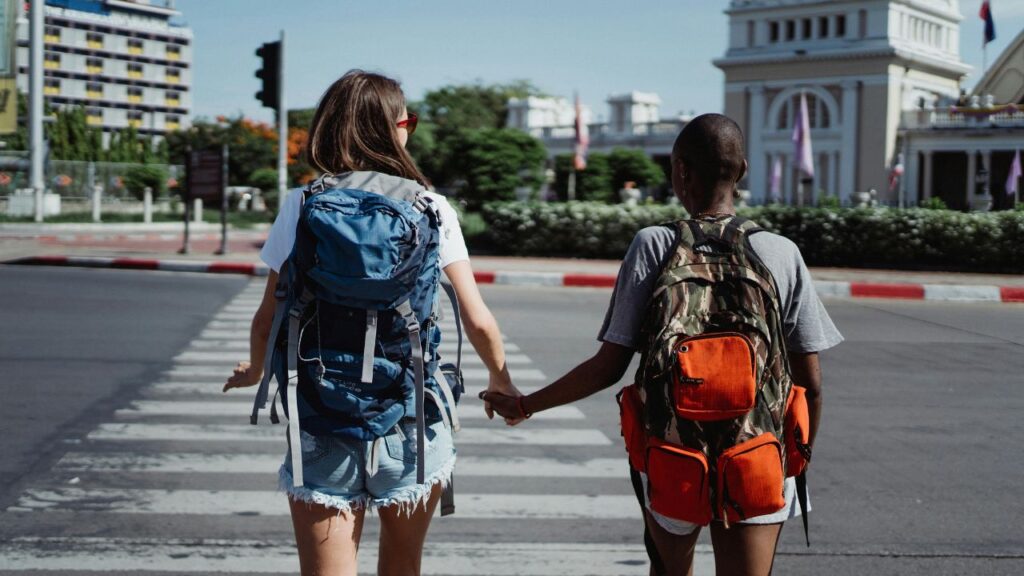
Exploring an unrecognized country isn’t like ticking off a tourist hotspot from a guidebook. These regions exist in a political gray zone—often claimed by other countries, unrecognized by most of the world, and absent from global headlines. But within them, life thrives. Culture, pride, and history run deep. Traveling to such places challenges your assumptions, broadens your understanding of global systems, and leaves you with lessons no guidebook can teach.
Culture Feels Deeper
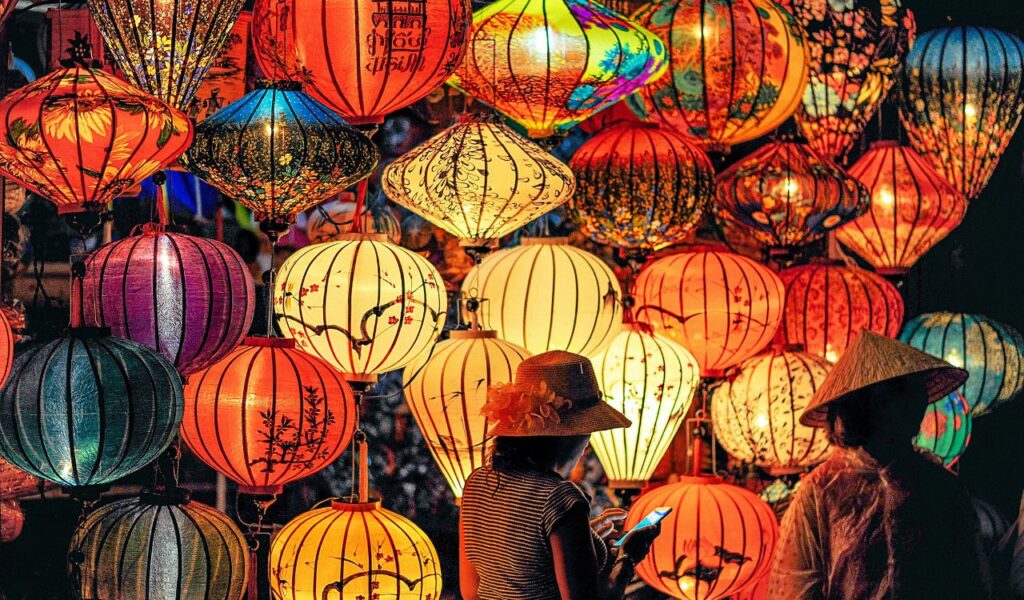
Unrecognized countries often have cultures distinct from their recognized neighbors, fiercely protected due to decades of struggle for identity. Language, clothing, art, and traditions are rooted in resistance and survival. Locals proudly share their stories because outsiders often overlook them. When you visit, you gain an intimate, undiluted look at a culture that exists beyond the influence of mass tourism or international expectations.
Resilience Is Everyday Life
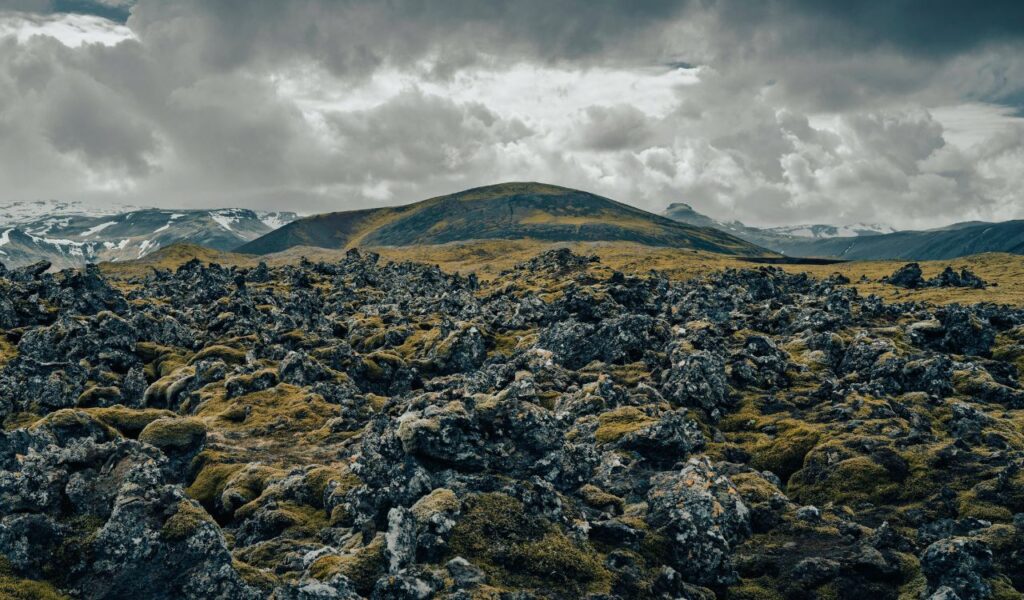
Survival in an unrecognized country means constant adaptation. Without global aid, trade deals, or travel freedoms, locals create their own systems for education, medicine, and communication. You’ll meet people who make do with less and still live with optimism. From makeshift infrastructure to community-built institutions, everything reflects resilience. Their ability to persist under pressure shows you what it means to adapt with courage and dignity.
Politics Get Personal

Visiting an unrecognized country changes how you see international politics. You realize recognition isn’t always about justice—it’s about global interests, alliances, and power dynamics. Talking to people who live with passports few countries accept makes abstract political theories suddenly real. Their lives are shaped by decisions made far away. It’s an eye-opening reminder that who gets a seat at the table isn’t always who deserves it most.
History Sounds Different
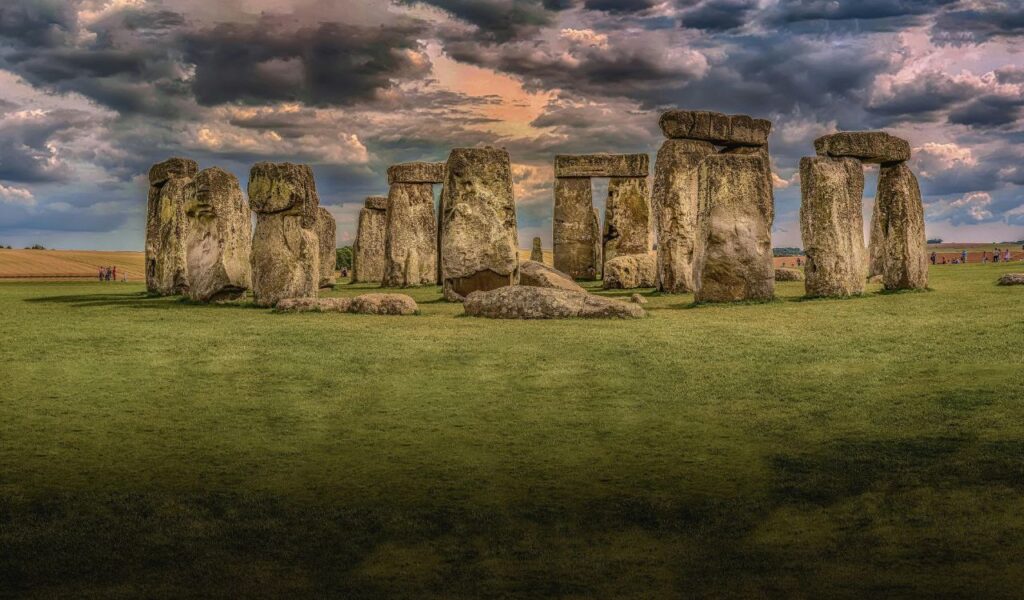
The past looks different when you hear it from someone who lived it. In unrecognized countries, history is often told in hushed tones or passed down in family stories. These regions may have experienced wars, occupations, or declarations of independence the world barely noticed. You begin to question official narratives and realize that history isn’t just what’s written in books—it’s memory, loss, resistance, and survival, all told from the ground up.
You Get Creative Fast

Standard travel conveniences may not exist. There are no Uber rides, no chain hotels, and sometimes no functioning ATMs. You figure things out on the fly—finding transportation, places to stay, or ways to communicate. You rely on locals, intuition, and improvisation. The unpredictability sharpens your instincts, builds confidence, and makes you a better traveler overall. You stop expecting comfort and start embracing the challenge.
Diversity Feels Global
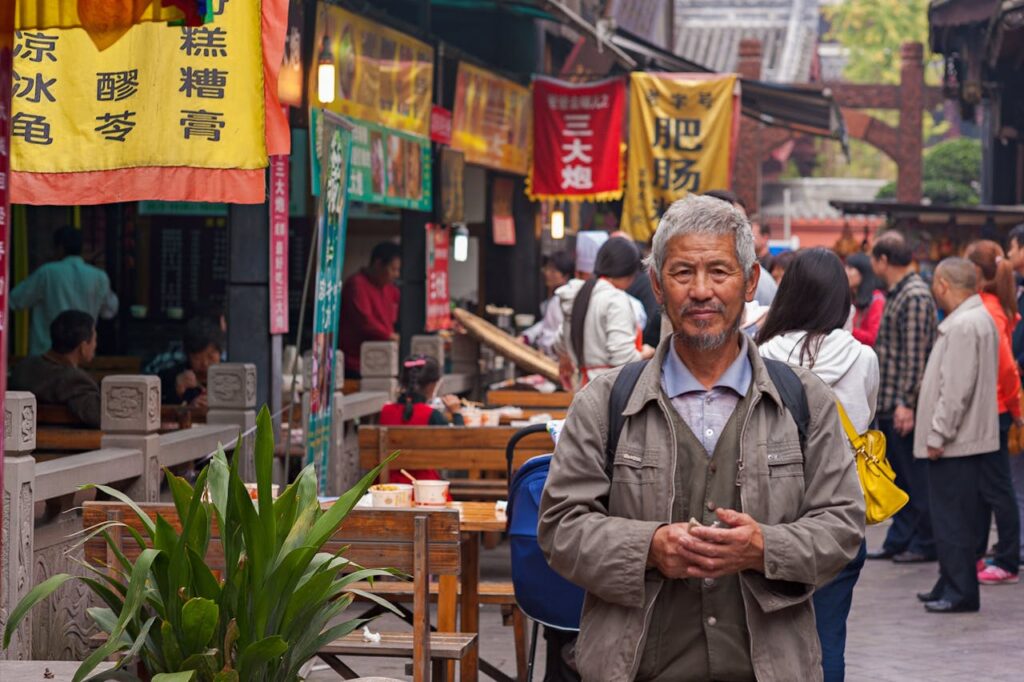
In unrecognized countries, you witness how culture endures and thrives despite political exclusion. These regions might lack embassies or Olympic teams, but they have rich languages, folk music, cuisine, and festivals. Being there reminds you that identity isn’t granted by outside recognition—it’s lived, felt, and celebrated every day. It pushes you to expand your definition of diversity and appreciate places that exist beyond mainstream borders.
You Grow in Unexpected Ways

You go in thinking you’re visiting a forgotten place—but you come out feeling changed. The experience demands more emotional flexibility than typical travel. You rethink what makes a country real, what people need to thrive, and how borders shape lives. You become more grounded, more aware, and more open. In places that barely appear on maps, you find clarity. The personal growth lingers long after the journey ends.